
Listed as one of the Manitoba Historical Society’s Memorable Manitobans, Donald McMaster will be remembered as an artist, naturalist and outdoorsman who worked tirelessly to protect and care for natural spaces. But his impact didn’t just come from his passion for activities. McMaster lived his life mindfully present, always learning, teaching and wanting to understand.
After a 30-year career in education, teaching at East St. Paul Collegiate, serving as vice-principal at River East Collegiate and as principal of Kildonan-East Collegiate, McMaster retired in his 50s and continued to live life fully until the very end.
Born in Winnipeg, McMaster lived in the same River Heights house he grew up in until the mid 1990s, when he and his wife, Ardythe, built their home at Prairie Bluff. Together they had a son and a daughter, and the family grew to include five grandchildren.
SUPPLIED PHOTOS
Inspired by the Canadian landscape, Donald McMaster was a prolific painter, finishing his final painting just weeks before his passing.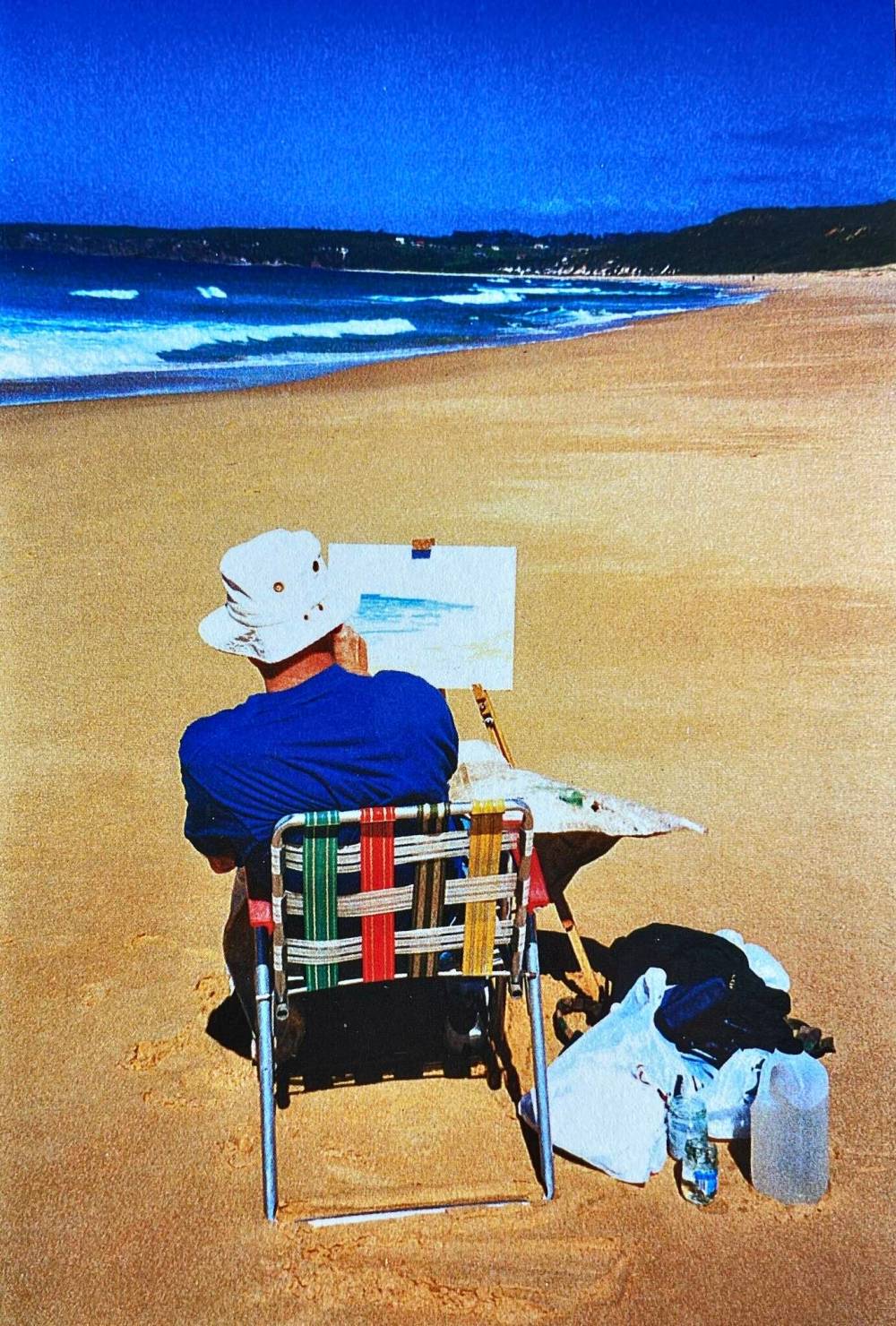
Over many years, the couple helped build the popular Bittersweet Ski Trails, located in the Assiniboine River Valley, while McMaster also pursued his passion for painting, his medium inspired by the Canadian landscape.
They moved to Portage la Prairie in 2022, where he died a year later in October 2023 at the age of 92.
David Mandzuk — of the University of Manitoba Faculty of Education — and his wife Lynda first met McMaster when he was their high school vice-principal in the early 1970s. Mandzuk remembers attending a fine arts camp where McMaster was teaching egg tempera painting.
“Even at that early date, we could sense his engaging personality and artistic talent. Fast forward to about 2014 when, in my capacity as dean of the faculty, we met Don and his wife at a reunion,” he said.
“We became reacquainted, saw them several times at the annual Art Expo and even visited them at their place. Over that time, Lynda and I donated a few of his pieces to the Faculty of Education at the U of M and I invited him to give a noon-hour talk about his work. Fortunately, over time, I was also gifted a few of his works, which I treasure greatly.
“What I will remember most about Don was his engaging personality and penchant for conversation, his love of the Canadian landscape, particularly the Canadian Shield, and his ability to capture the smallest of nuances (like a deer hiding in the woods) that literally brought his paintings to life.”
Born in Winnipeg, McMaster grew up in River Heights.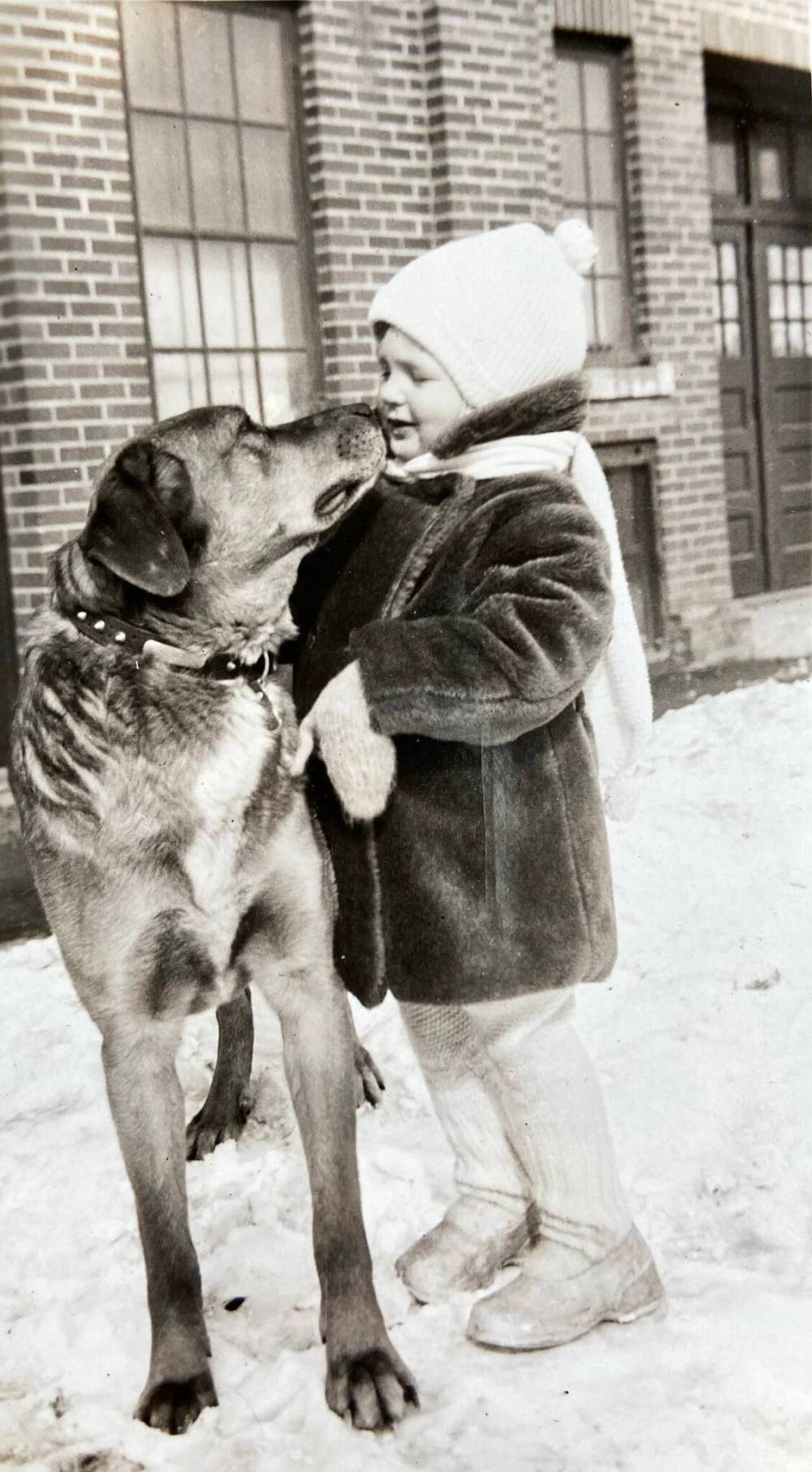
Nearing the end of his life, McMaster asked his daughter, Laura, to look after arranging an art giveaway event.
“There were hundreds of pieces of art,” she said about the prolific artist, who completed his last painting a few weeks before he died. Referring to a cocktail party at which her father gifted pieces to family, friends and clients, she added, “Dad was well and able to be there. It was way more fun if the distribution of his art happened while he was still alive. Everybody was delighted.”
When McMaster and his wife were recognized as volunteers of the year by the Cross Country Ski Association of Manitoba for their work maintaining the trails at Bittersweet Ski Club, McMaster touted the virtues of doing good for others.
“You could never be bored around Dad; he always had a project,” Laura recalled.
“Growing up, it was, ‘This summer we are learning to rock climb,’ ‘This summer we will learn to build a birch bark canoe.’ It was just normal for us. All of that curiosity was always rooted in the land — the land north of Kenora on the Winnipeg River … the land where the ski trails are; how to be on the land where you learn from the land and you take care of the land.
A sense of wonder and time in nature had a lasting and far-reaching impact on many who knew McMaster.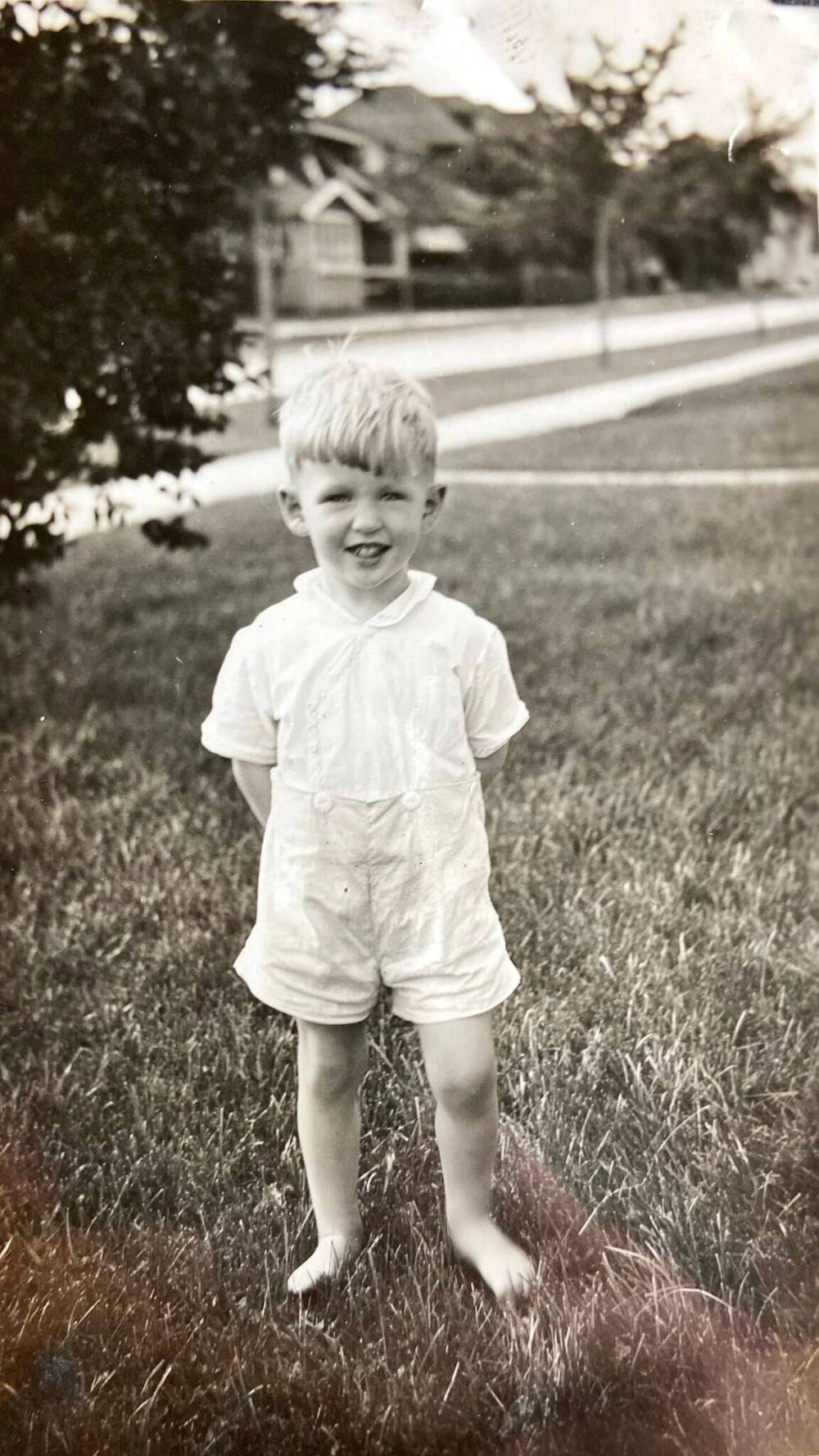
“Mom called him a ‘country mouse.’ He had a house in the city but loved the house in the country. He’d say, ‘I don’t go to church, I go to the woods’; the idea of being grounded and connected and amazed, that sense of wonder of being out in the natural, amazing and diverse and complex everything and wanting to understand it. That deep-rooted connection to your spot in the natural world,” Laura remembered.
She appreciated her father’s inevitable stories on their long walks, whether in the woods or elsewhere.
“They were undeniably entertaining so you could hear them countless times. He read everything. He and Mom could recite poetry at the dinner table, talk history and politics,” she said, adding that he had started writing stories too, some of which were published.
“He had a far-reaching legacy. You’re touching a lot of people with that idea of stewardship of the land, service for other people and curiosity about everything.”
“He was a visionary,” said his son, Glen. “He had a strong interest in fly fishing so he started the Manitoba Fly Fish[ers] Association. He became interested in tall grass native Prairie, he created ski trails, opened them up to the public, brought in a building so people could stay warm and grow the sport.
Remembered as a naturalist and outdoorsman, McMaster and his wife Ardythe helped build the popular Bittersweet Ski Trail in the Assiniboine River Valley.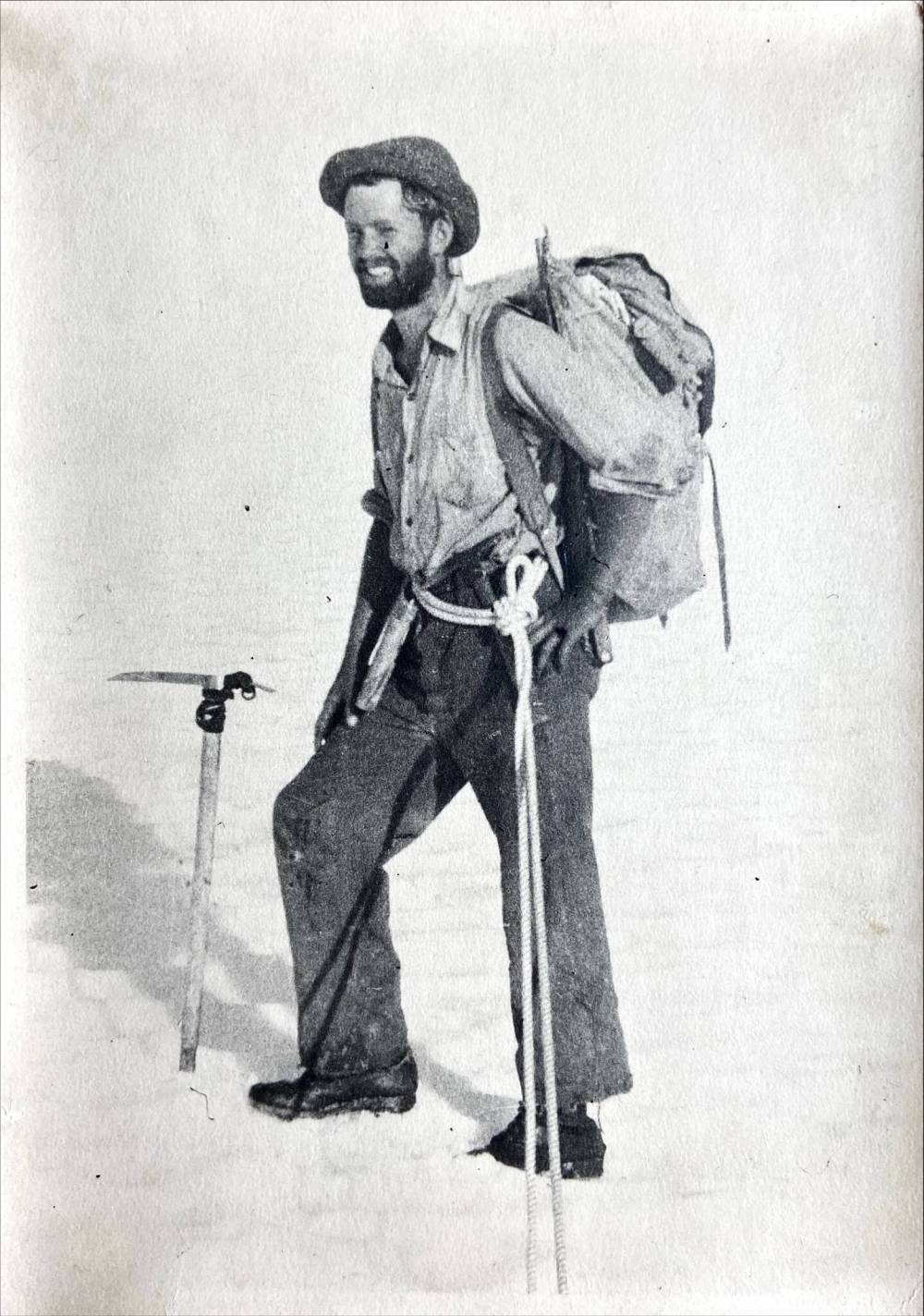
“It wasn’t until later that I understood the bigger picture. We are helping all these other people to create their own memories, and increase their personal well-being. It’s as much about them as it was about us.”
The avid reader, hunter, fisherman, lifelong Winnipeg Blue Bombers fan and cross-country skier was also the first chair of the Manitoba Habitat Heritage Corporation.
“If he was going to do something he would dive into it,” said Glen. “One of his first summer jobs was doing a geological survey in the Yukon. This opportunity had a real impact on him, working with a geological explorer on expeditions. He couldn’t sleep in the house when he came back, he slept in the backyard on the ground.
“He made our family a full-sized teepee. He was into archeology flints, learning more about biodiversity, tanning deer hide. The basement was a disaster, rock everywhere. In the middle of winter he was starting to make a fire with a bow drill. He was a natural seeker, studying native plants, identifying all of them, finding out about their uses, learning which ones you could eat. His brain was completely sharp right until the end.”
That sense of wonder and time in nature had a lasting and far-reaching impact on many who knew McMaster, including former students.
An avid fisherman, McMaster started the Manitoba Fly Fishers Association.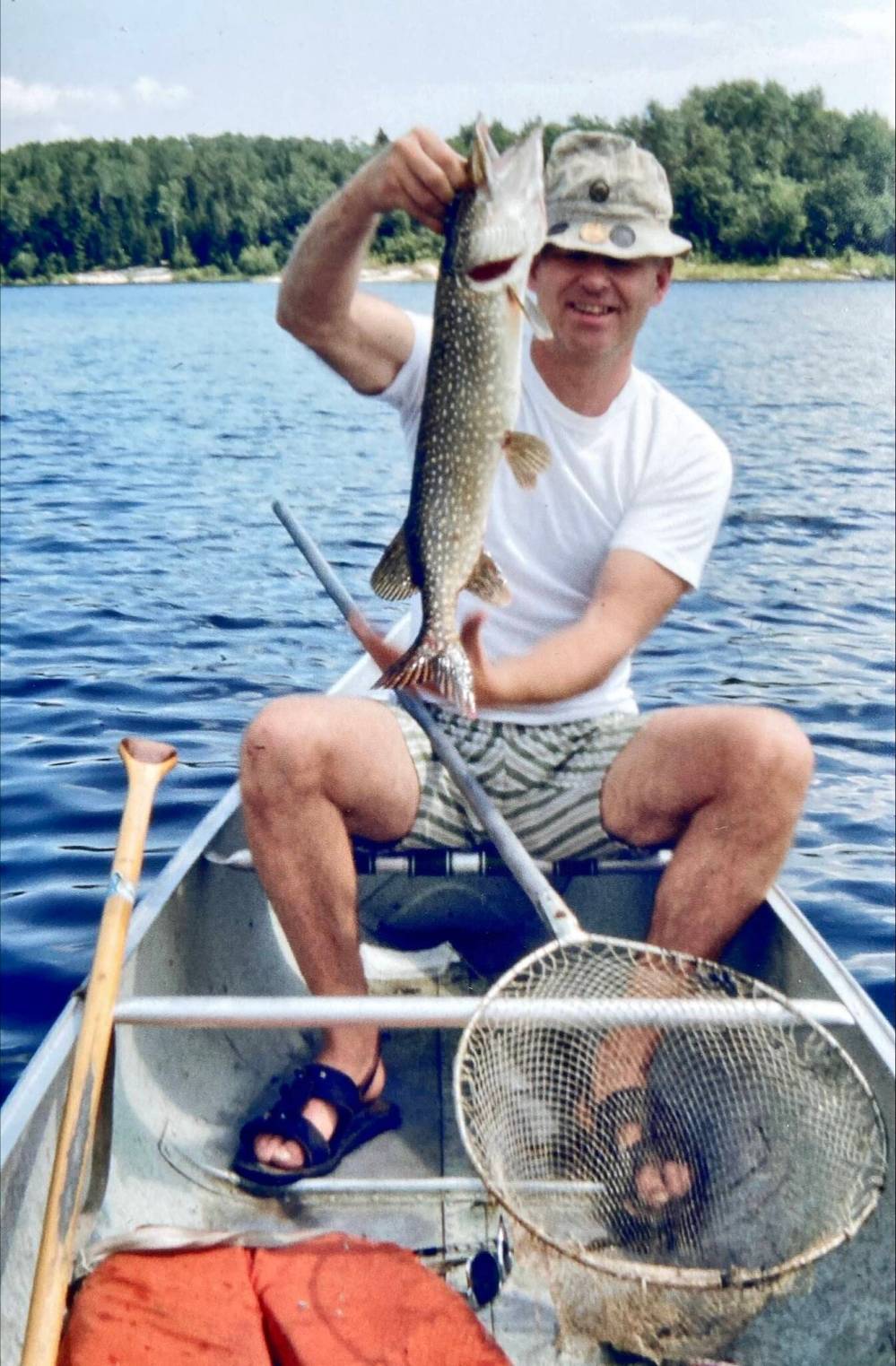
“We’d run into them occasionally, and they talked about how he helped them see things differently. That sense of adventure was something to really be treasured and savoured,” Glen said.
“He talked about Mom as ‘the rock I stand on.’ They had an unbelievable relationship; how lucky we were. He was always thinking about us, the family, and what was best for us.”


